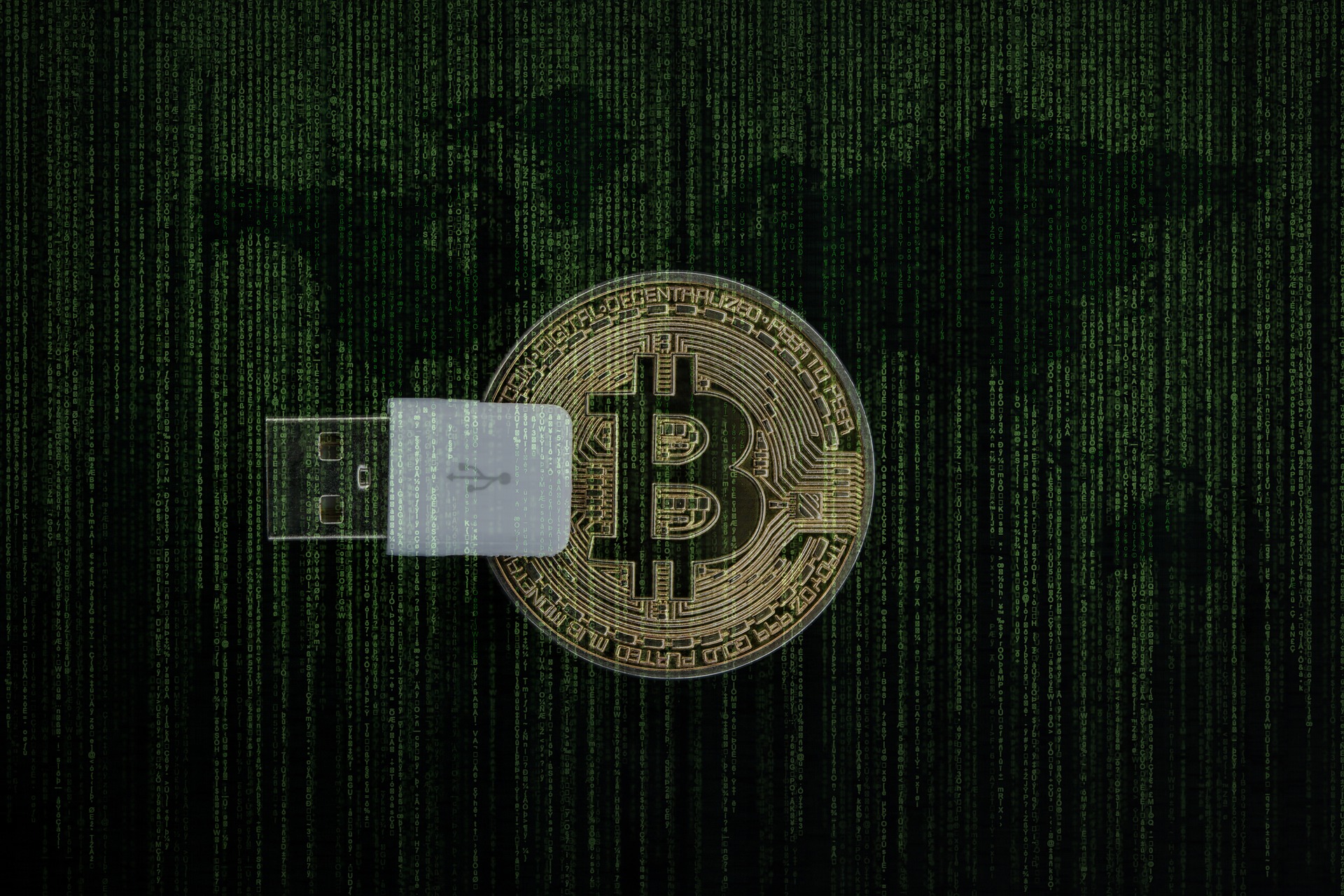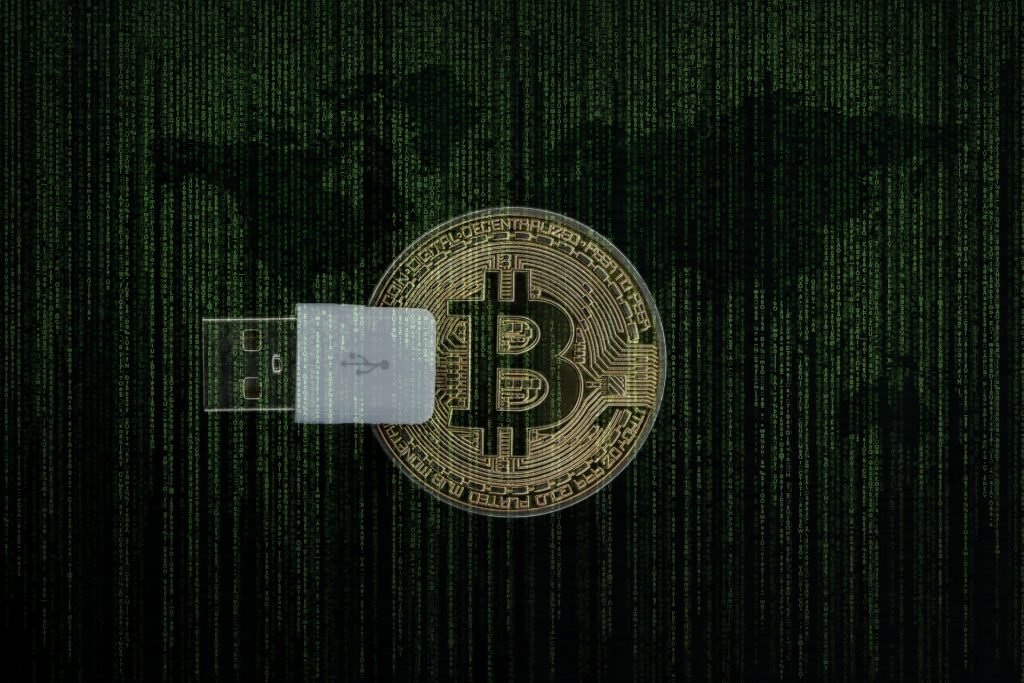There is a lot of confusion surrounding the differences between blockchain and cryptocurrency. Since blockchain is closely related to Bitcoin, one of the most widely known cryptocurrencies, it is easy to assume that they are one and the same. However, blockchain and cryptocurrency are two completely different things.
What is Blockchain?
Blockchain is a technology based on a digital distributed ledger on peer-to-peer networks, both public and anonymous. It is a protocol that functions as an underlying technology, a mechanism that makes certain cryptocurrencies functional.
Distributed ledgers are made of a chain of blocks (hence, “blockchain”). Each block holds information and data, bundling both together and verifying them. In the cryptocurrency landscape, blockchain blocks hold information about transactions, including timestamps and other details that you cannot alter once they are created.
Essentially, blockchain is a technology that makes the recording and execution of transactions possible. It is not a cryptocurrency, only a mechanism that supports the digital currencies by making the recordkeeping portion of transactions possible, ensuring that the location of the asset is known, to a degree.
What is Cryptocurrency?
Short of “cryptographic currency,” cryptocurrencies are digital tokens that function as virtual assets. Essentially, they are currencies that exist purely in digital form, as there are no paper bills or metal coins. Additionally, you transmit them over peer-to-peer networks, so transactions do not require the use of a traditional banking system.
Many cryptocurrencies rely on blockchain technology, using it to track the tokens and log transactions between digital wallets – where owners store cryptocurrencies.
For example, Bitcoin is a cryptocurrency that uses blockchain technology as a platform to facilitate transactions, allowing the digital token to move between digital wallets. As a result, you can use Bitcoin to pay for some goods and services as blockchain enables you to transition and the asset between two parties and create records to confirm the transfer took place.
Using Blockchain in Other Ways
You can use blockchain for purposes other than recording cryptocurrency transactions. It may have potential in other areas of finance, such as regular bank transactions, as well as other industries that need records that cannot be altered, like the medical field or any company that needs supply chain management solutions.
However, blockchain is still a fledgling technology. As a result, we are only beginning to scratch the surface of what it can do and how it may be useful.
Cryptocurrencies That Don’t Use Blockchain
While the majority of cryptocurrencies rely on blockchain technology, some don’t use blockchain. One example is IOTA. Instead of using blockchain, it relies on a different underlying technology called a “tangle.”
The tangle is faster, more efficient, and more cost-effective than blockchain. Unlike blockchain, the tangle does not rely on miners to verify transactions. Instead, when a user starts a transaction, they validate the two previous transactions. This happens every single time, with each person validating the activities of the two before them, creating a tangled web of confirmations that can grow over time.
Even though IOTA uses a different technology, it still functions as a cryptocurrency (a digital asset with a value).
Ripple (XRP) is another cryptocurrency that is not blockchain based. It uses a distributed consensus ledger system that relies on a network of validating services and the XRP tokens.
Ultimately, blockchain is an underlying technology for certain cryptocurrencies. However, not every cryptocurrency relies on the blockchain, and blockchain is not a cryptocurrency itself.
Do you invest in cryptocurrency? Share your thoughts in the comments below.
Read More:
- 5 Environmental Impacts Caused by Mining Cryptocurrency
- Is Cryptocurrency a Threat to Accounting Professionals?
- So You Want to Invest in Cryptocurrency: Read This First!

Edel is an Editor with a decade of print and digital media experience – specializing in Science, Technology, Finance, Entertainment, and Advertising. He is also a stock and cryptocurrency investor. When Edel is not editing or analyzing charts, you can find him with his DIY lightbox taking timelapses of plants.


